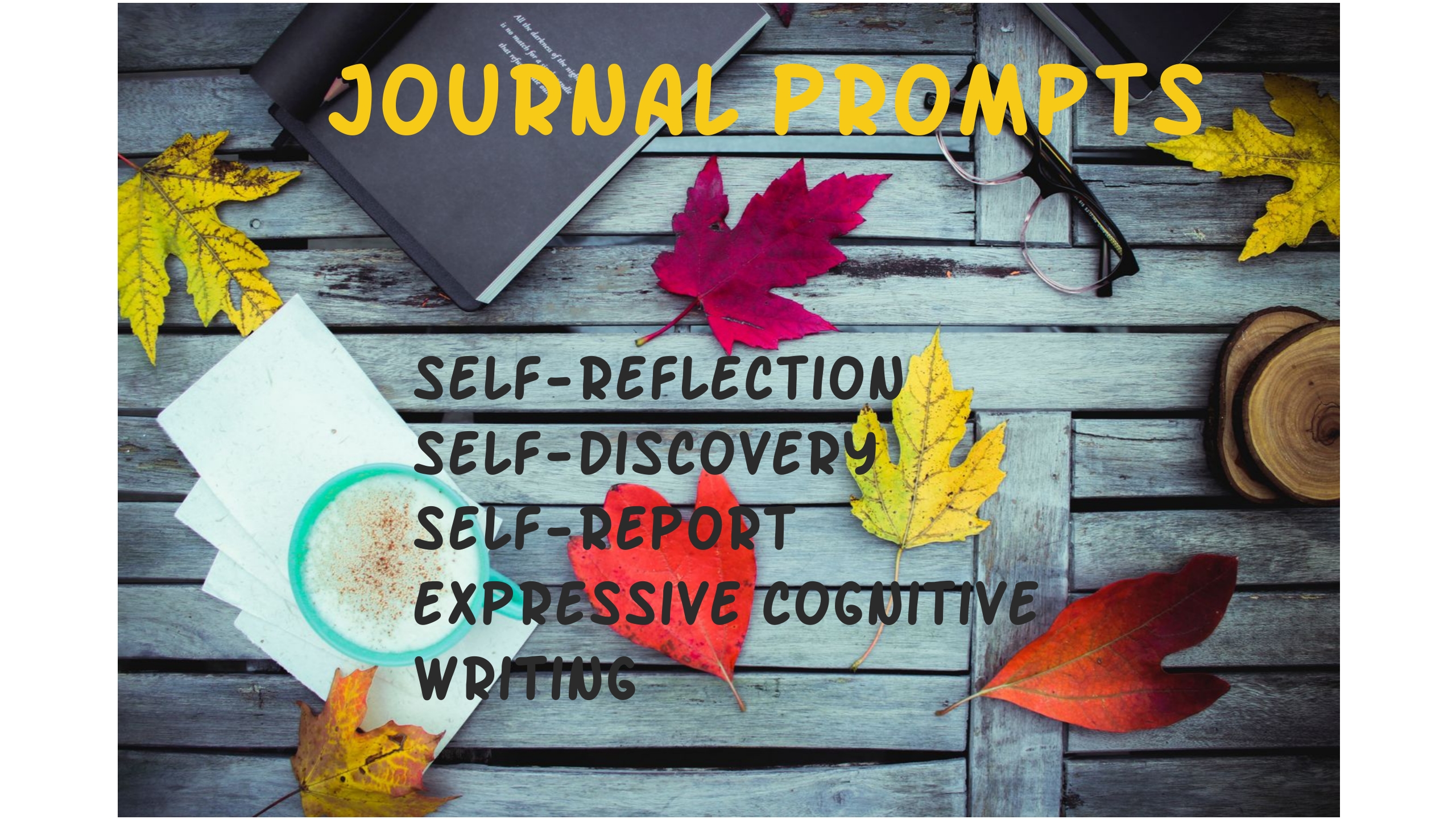
These journal prompts can help you in self-discovery and self-reflection. Surprisingly, the writing process can be as therapeutic as counseling sessions.
“When you have to say much, write it down.” – EEssays
https://twitter.com/EEssays1
Why to Use Journaling and Journal Prompts
For Mental Wellness
Note that according to research studies, even writing 3 times a week for 3 months can help to cope with depression, anxiety, and stress (Smyth et al., 2018). Furthermore, the researchers point out that positive outcomes are detected even in a month of expressive writing.
Moreover, it can contribute to the management of physical disorders .
For Self-Discovery and Self-Reflection
Importantly, use writing as a cognitive process for self-reflection to improve your general well-being. It can serve you the purpose of determining your strengths, weaknesses, opportunities, and threats (SWOT).
Furthermore, move to wellness on the illness-wellness continuum.
Thus, the form of self-report and appropriate journal prompts help to reflect on the following:
- the social environment,
- support,
- life values,
- priorities.
As a result, you can reconsider your perception of these aspects.
Finally, journaling turns writing into a cognitive process.
For Expressing Emotions
Use writing a journal to pour out your emotions and feelings.
Reflect why you feel that way.
Specifically, such self-revelation helps to detect triggers of different mind states.
Finally, it facilitates coping with distress.
For Coping with Emotional Burnout
When you have a lot of things on your mind and responsibilities, it often causes emotional burnout.
As a result, write down everything that troubles you and determine what should be given priority and what is not important at all.
10 Journal Prompts to Self-Reflect on Burnout at the End of the Day
- 5 important things I have done today
- Emotions I felt doing each task
- What was difficult to do
- Things I am grateful for today
- What I can do better
- Things to prioritize
- What is not important and why
- The importance of your responsibilities
- The best moments of the day
- What I expect from tommorow and the future.
Therefore, reflect on these prompts and determine what is the most emotionally exhausting thing.
Importantly, think on its causes, how you can change your attitude to it, and what alternatives you have to deal with it.
Finally, use visual methods in addition to writing to visualize a dream, set priorities, and express gratefulness to get positive emotions.
Reference
Smyth, J. M., Johnson, J. A., Auer, B. J., Lehman, E., Talamo, J., & Sciamanna, C. N. (2018). Online positive affect journaling in the improvement of mental distress and well-being in general medical patients with elevated anxiety symptoms: A preliminary randomized controlled trial. JMIR Mental Health, 5(4), e11290. https://dx.doi.org/10.2196%2F11290
